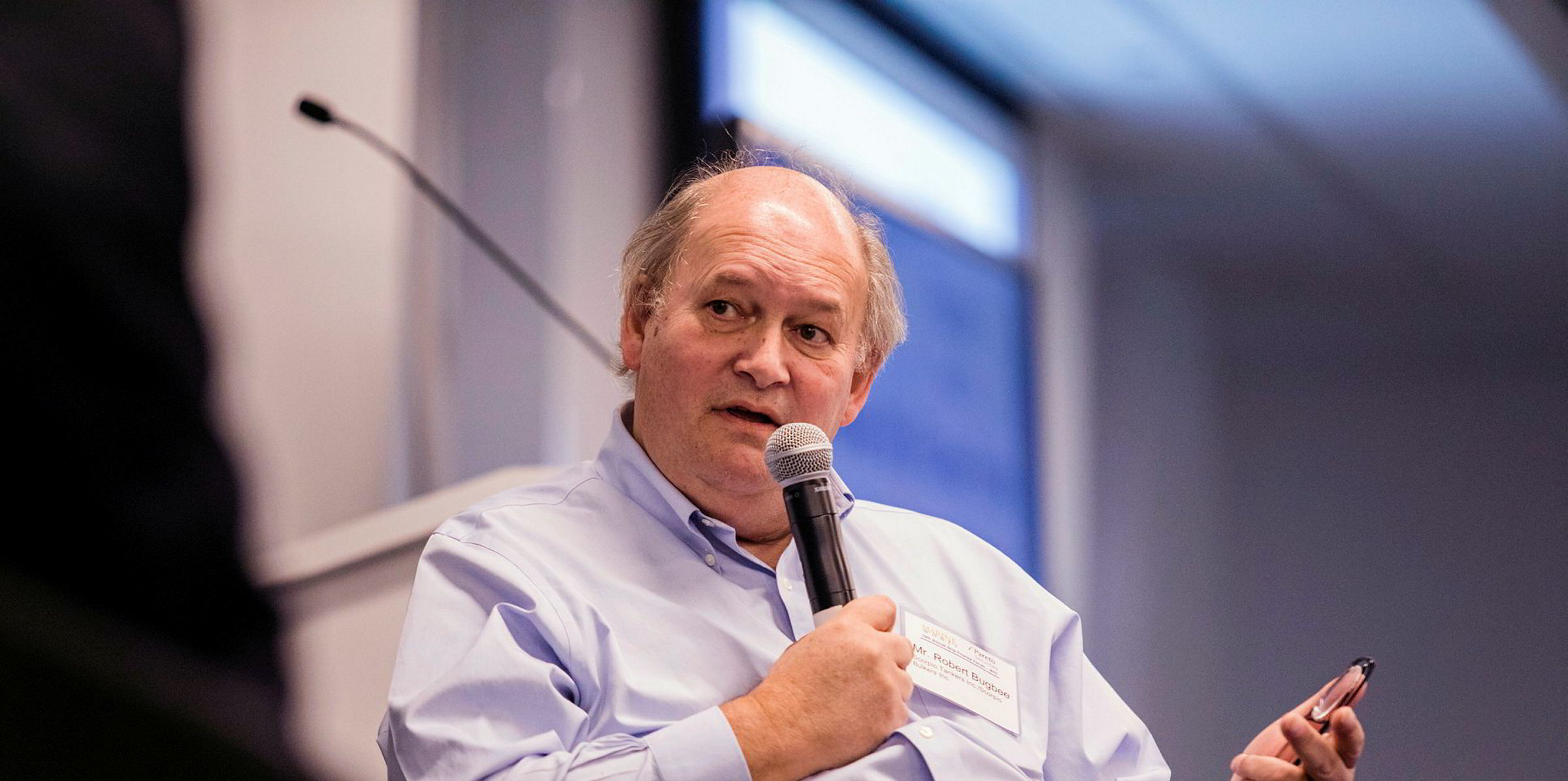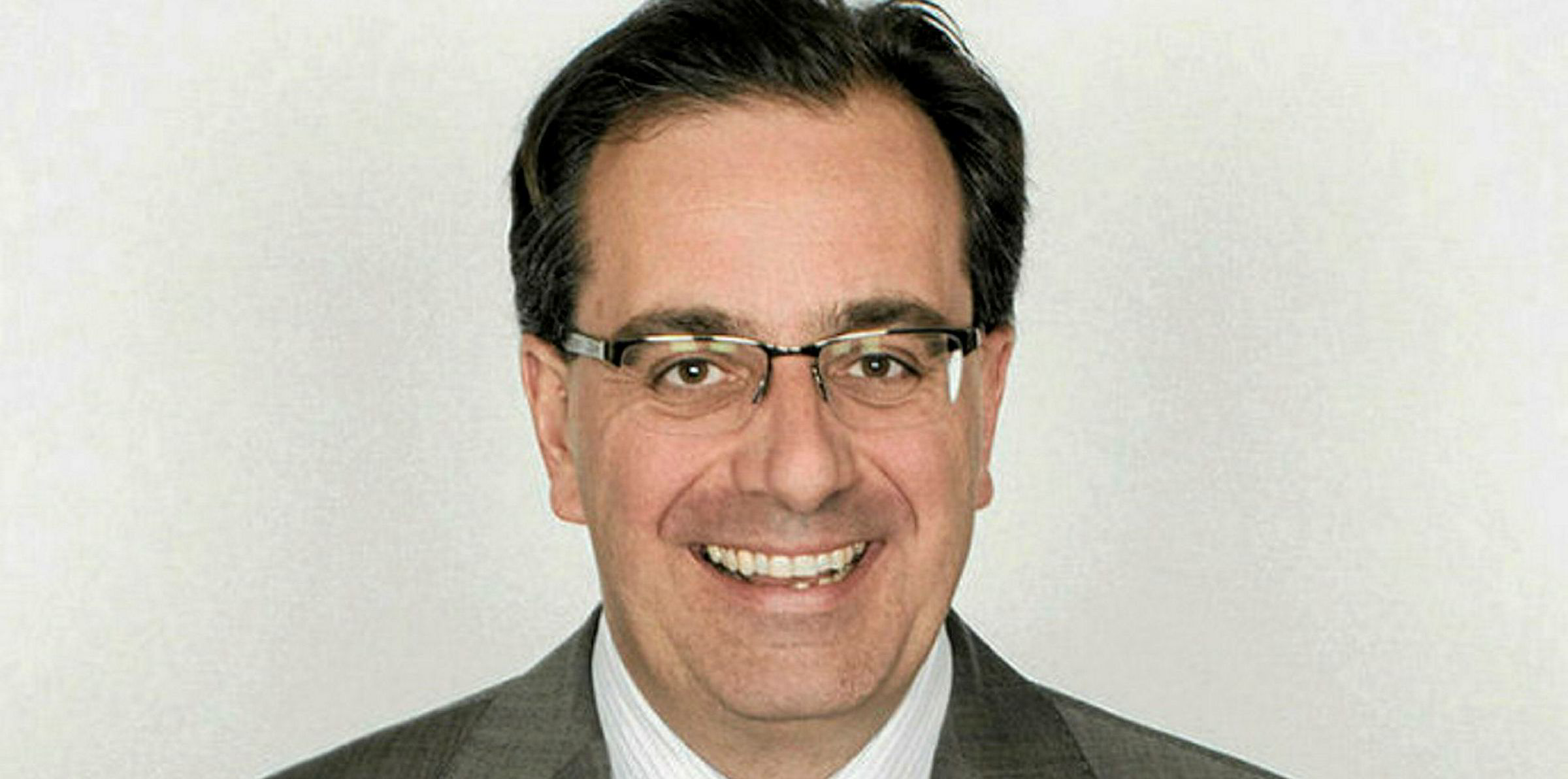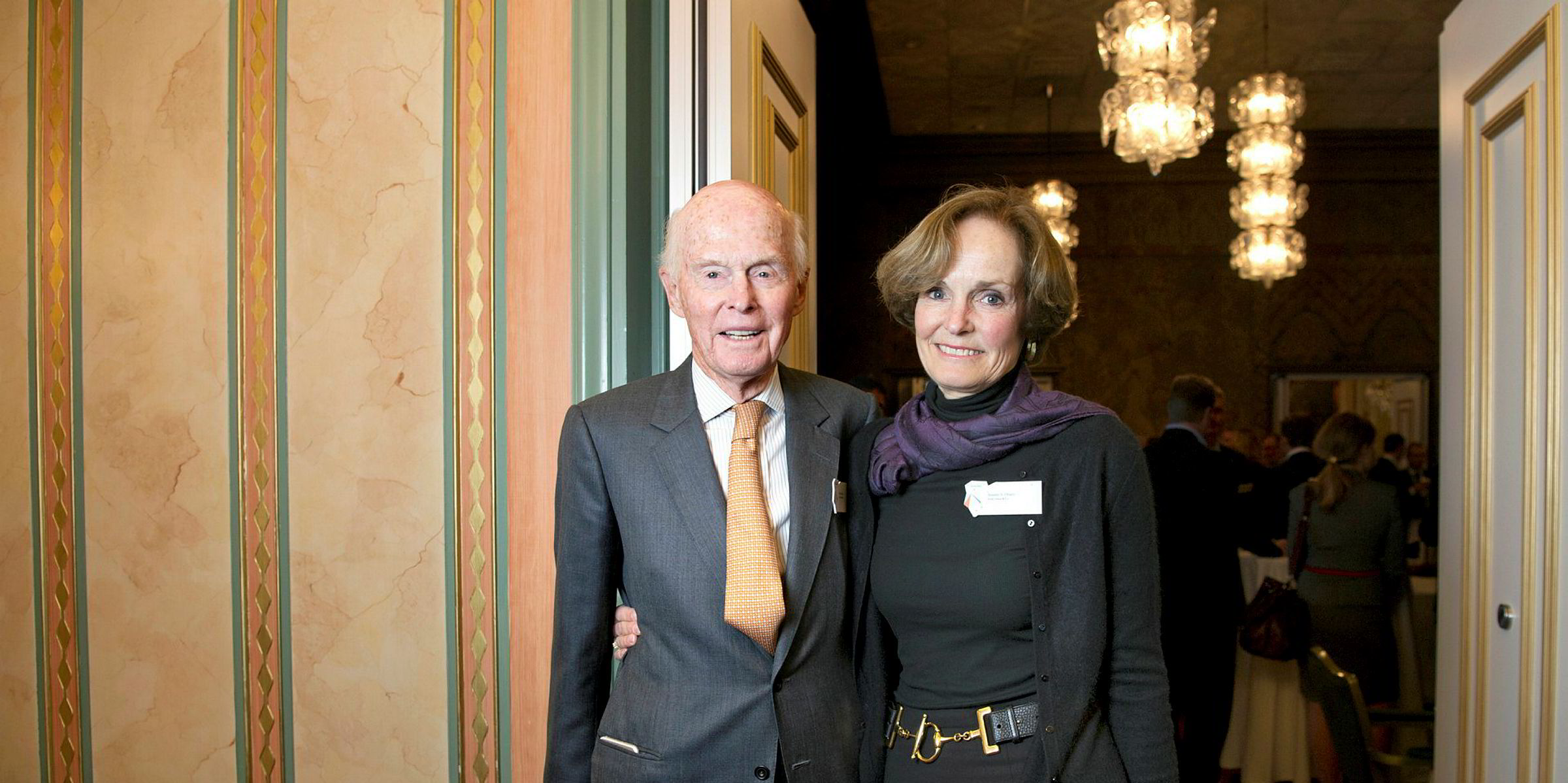New York-listed Scorpio Tankers is joining shipping's recent rush to sell bonds.
The product tanker company said it will hold fixed-income calls with investors from Thursday.
These will be arranged by lender SEB as global coordinator and joint lead manager, and Credit Agricole, Nordea and Pareto Securities as joint lead managers.
A US dollar bond may follow, subject to market conditions.
Proceeds will be used for general corporate purposes, Scorpio said.
Norwegian investment bank Fearnley Securities said: "Based on the mandated banks, we expect this to be a larger unsecure issuance, unlike the 7%, $25m note concluded in May."
Companies like Navigator Holdings, Klaveness Combination Carriers, Color Group and Kistefos have been raising money in Oslo in recent weeks.
Product tanker market weak
Fearnley is forecasting Ebitda of between $80m and $90m for Scorpio Tankers in the third quarter.
US investment bank Jefferies said last week that investors are undervaluing Scorpio Tankers because of an "overly-bearish" view of the product tanker sector.
Fresh from hosting virtual client meetings with Scorpio's management, Jefferies analysts drew the conclusion the market is heavily discounting the shipowner due to doubts over future rates and liquidity.
The stock is trading 45% below the company's net asset value, the investment bank believes.
Earlier this month, Scorpio said it had bought back 1.17m common shares at an average price of $11.18 each and repurchased $52.3m of convertible notes due in 2022 for $46.7m between July and early September.
The board has approved more buybacks worth up to $250m.
The company's bosses believes these actions should be seen as a vote of confidence in Scorpio's liquidity and should alleviate some of the balance sheet concerns.
Scorpio has also noted that newbuilding ordering has been muted this year, especially in the MR segment, and that deliveries will slow in the fourth quarter as owners push deliveries into 2021.
The product tanker orderbook-to-fleet ratio remains at a multi-decade low of less than 7%, Jefferies said.





